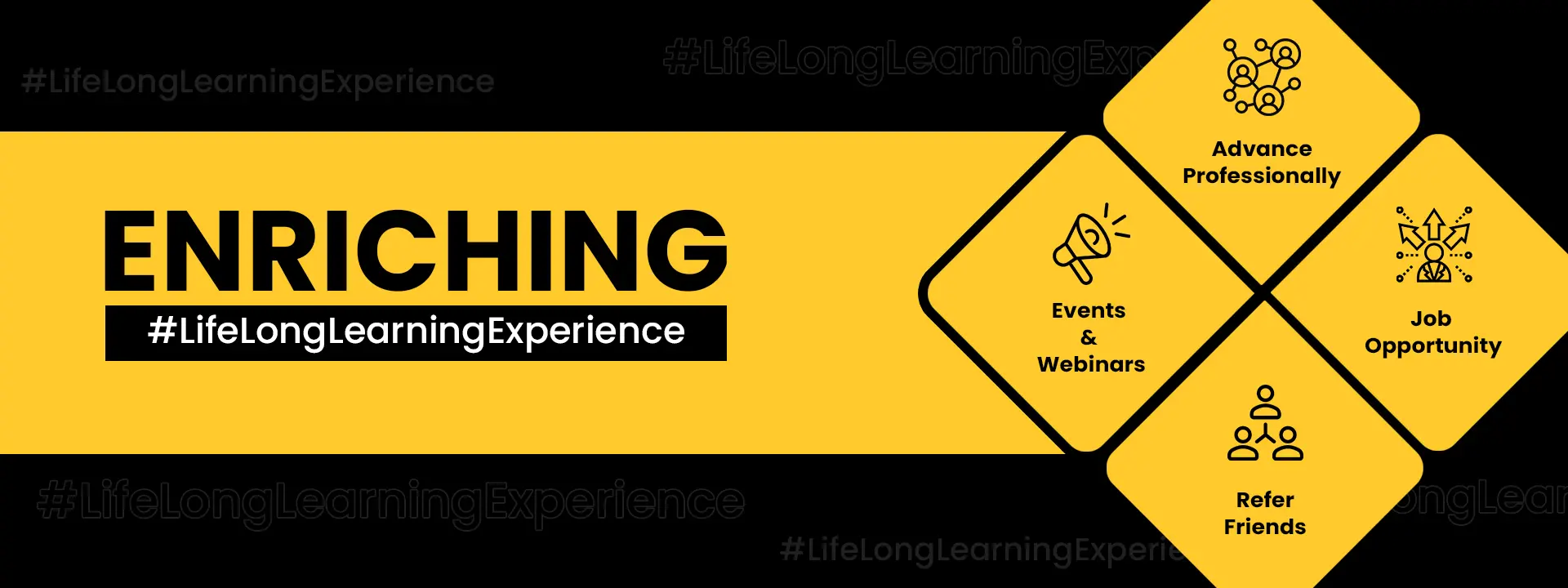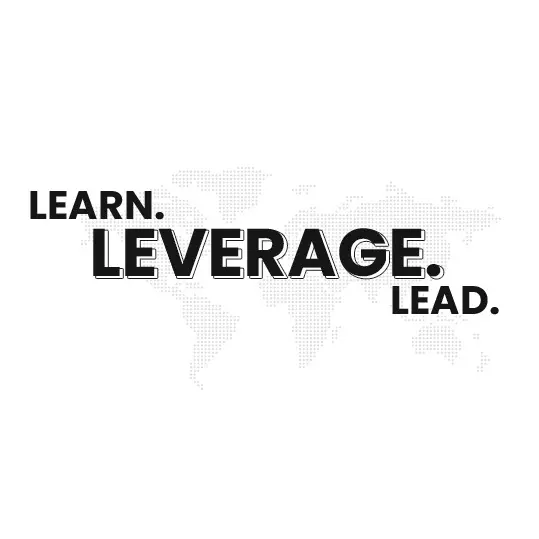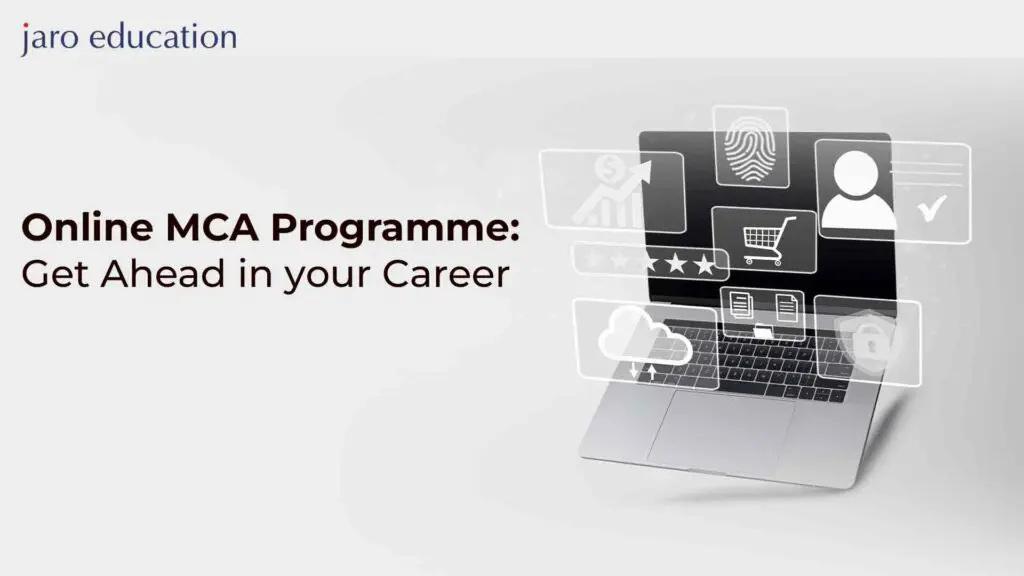
Online MBA in Human Resource Management
Strategic Advancement in HR: Online MBA in Human Resource Management
Who Should Consider Pursuing an Online MBA in Human Resource Management?
Eligibility Criteria
Comprehensive Curriculum: Online MBA in Human Resource Management
Core HRM Subjects
Specializations
Electives
Admission Journey: Online MBA in Human Resource Management
Projected Salary for Profiles After MBA
Designation & its average salary in India | Average Annual Salary (INR) |
HR Manager | 8 L |
Senior HR Manager | 13 L |
Lead HR Manager | 17 L |
Assistant Director of HR | 29.91 L |
Associate Director of HR | 39.39 L |
Vice President of HR | 45.62 L
|
Critical Skills for MBA in Human Resource Management
Top Career Paths After MBA in Human Resource Management
Ranking & Accreditations
Career Preps
Identify your strengths, weaknesses, and interests to find a career path that management suits you.
Research different career options and job prospects before making a decision.
Develop a professional resume and cover letter that highlight your skills and experiences.
Build a strong professional network through networking events and social media platforms.
Prepare for interviews by researching the company and practising common interview questions.
Stay up-to-date with industry trends and developments to remain competitive in your field.
Seek feedback from mentors and colleagues to improve your skills and performance continuously.
Consider upskilling through additional courses or certifications to stay relevant in the job market.
Maintain a positive attitude and be open to new opportunities and challenges.
Navigate Through Our Yardstick of Success







Seeking Career Guidance or Advice?
The Jaro Advantage: Your Gateway to Career Success

- Unparalleled career guidance and support
- Dedicated student support
- Immersive and lifelong learning experiences

- Learn from the best-suited academic, faculty, and industry mentors
- Be a part of discussions and forums for enhanced learning
- Leverage peer-to-peer learning experience

- Extensive Alumni Network of Professionals
- Access to alumni events & other benefits
- Stay up to date with the latest insights from your alma mater
Academicians Partners
USA & Singapore
Institutes & Universities
Institutes & Universities
Jaro Connect— Alumni Portal Enriching #LifeLongLearningExperience

FAQs
The MBA in Human Resources Management (HRM) is a two-year program that equip students with the knowledge of recruiting and effectively managing personnel.
In India, the typical annual salary for an HR Manager is ₹9,90,000. Additionally, the average extra cash compensation for an HR Manager in India is ₹1,00,000, varying from ₹45,750 to ₹2,50,750, as per Glassdoor.
The scope encompasses positions like HR managers, talent acquisition specialists, and organizational development experts, among others. Individuals can also explore entrepreneurial paths, creating their own HR-related ventures such as consulting firms or training agencies.
Some of the best institutes for an MBA in HR include XLRI, Indian Institute of Management Ahmedabad, Bangalore and Calcutta, Manipal University Jaipur, Dayananda Sagar University and Bharati Vidyapeeth (Deemed to be University).
Human Resource (HR) professionals play a vital role in selecting appropriate candidates for the available roles in an organisation and further managing the employee lifecycle effectively. Opting for an MBA in HR is a commendable decision if you’re contemplating a career in this influential field.
Candidates who have graduated in any discipline from a recognized university with an aggregate of 50 per cent marks are eligible for admission to pursue an MBA in HR.
Certainly, a B.Com graduate can pursue a career in Human Resources. While a B.Com degree may not have a direct connection to Human Resources Management, it offers a solid groundwork in business and general management principles, which can prove beneficial in the Human Resources field.
The typical annual starting salary for an HR Manager in India is approximately ₹2.8 Lakhs (equivalent to ₹23.3k per month).






